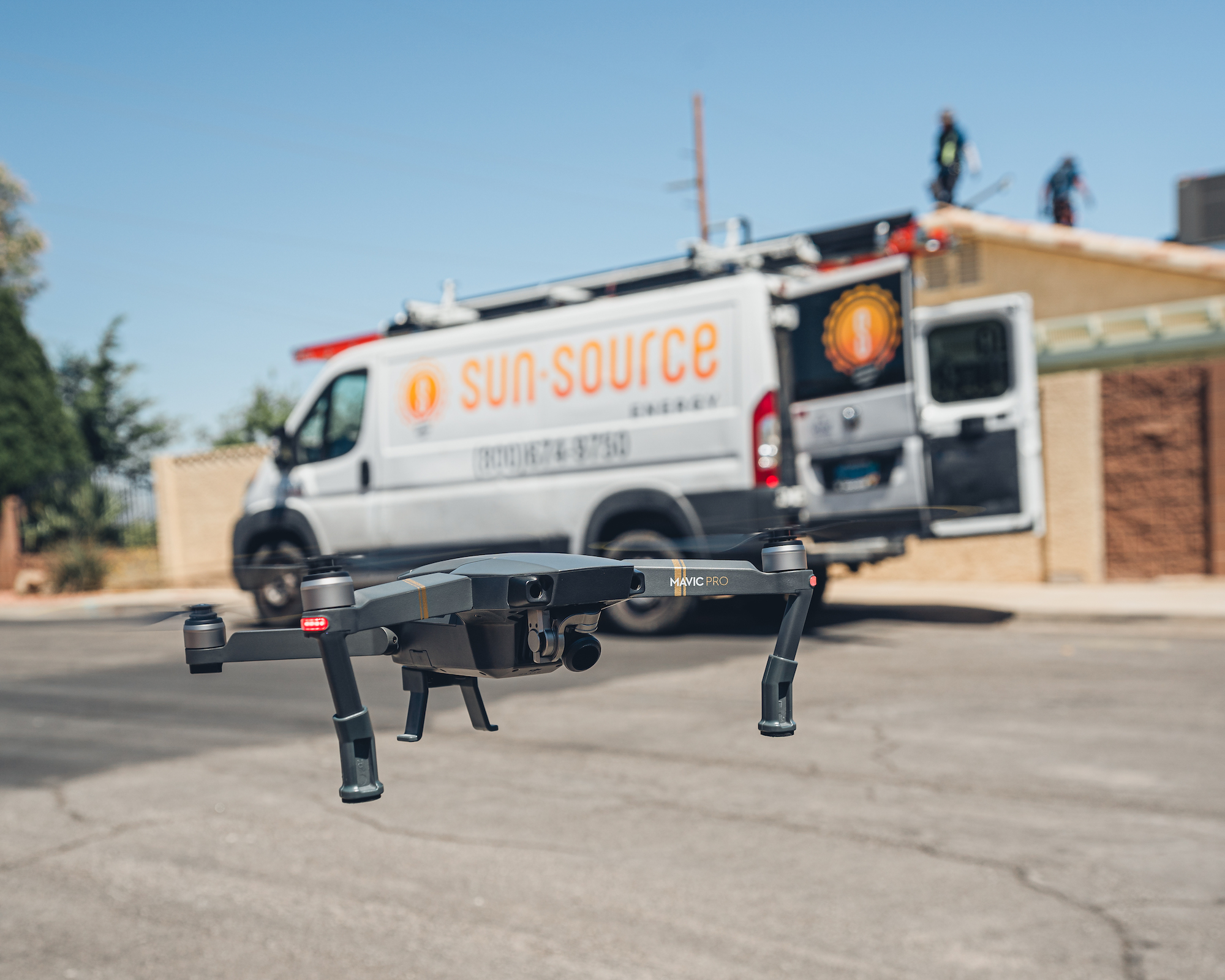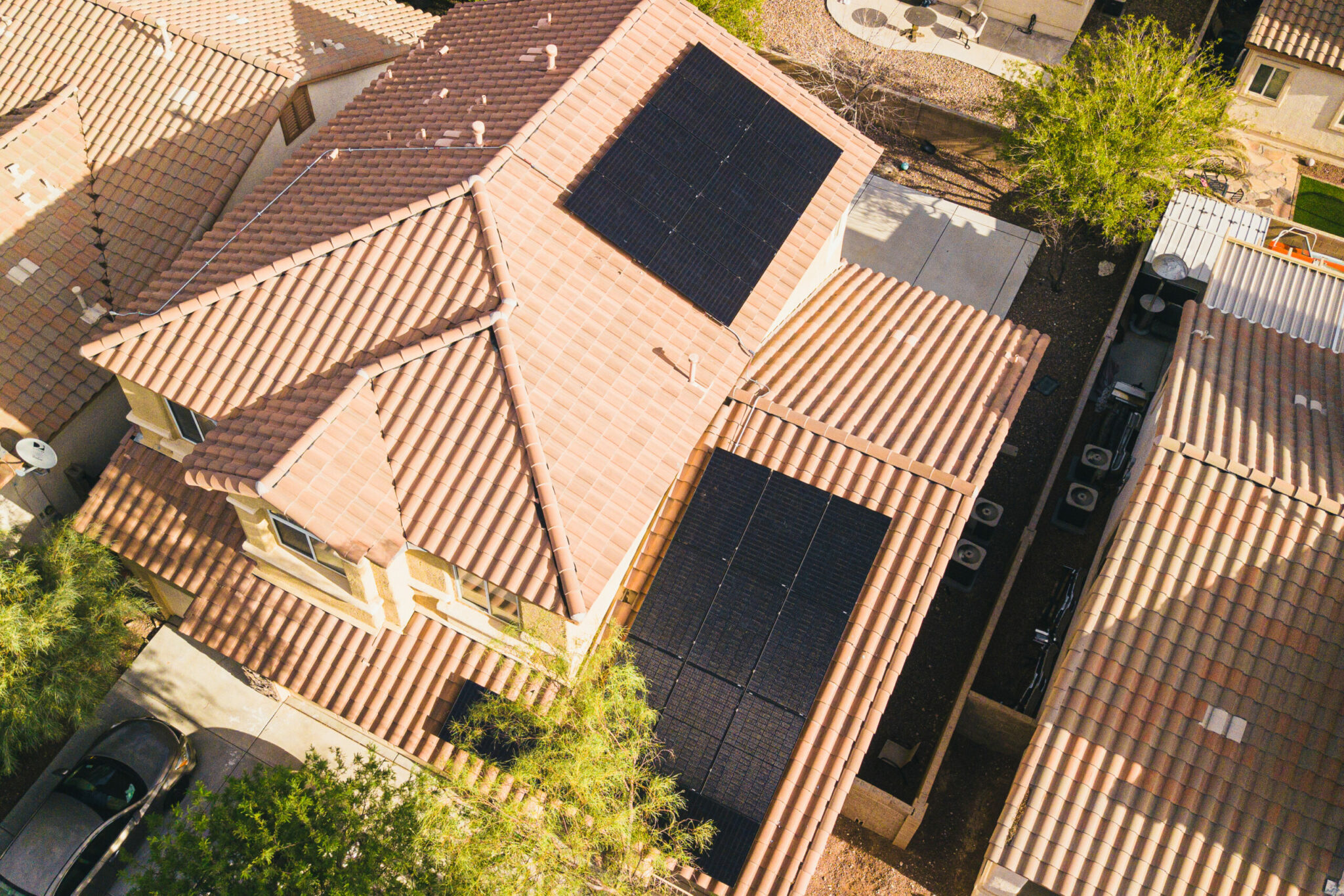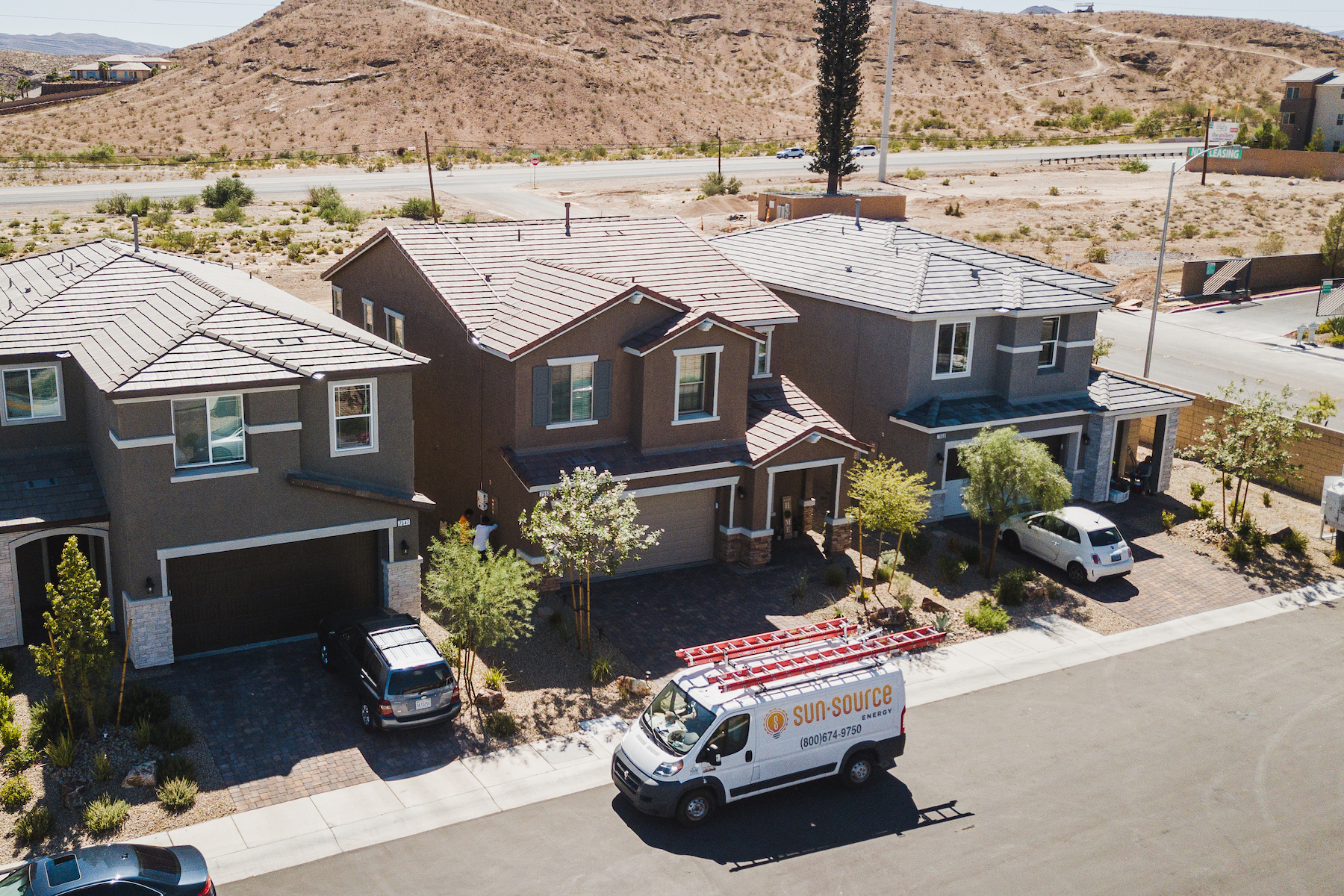Installing solar panels can be a great way to save money on your energy bills, but it’s important to do your research before you make the commitment. One of the most important steps in the solar installation process is the solar site survey. This is used to determine the feasibility of solar panels at a specific location, and to assess potential energy production at the site.
A solar site survey includes a detailed analysis of the sun’s position at the proposed site, as well as a review of the local zoning regulations and electrical infrastructure.
There are several reasons why solar site surveys are so important:
- First, they help to ensure that solar panels will be able to generate enough power at the proposed location. The sun’s position and the local weather conditions can have a big impact on how much power solar panels can generate, so it’s important to assess these factors before moving forward with an installation. The entire process of conducting a solar site survey includes confirming measurements and ensuring accurate data collection.
- Second, solar site surveys help to identify any potential obstacles that could make installation more difficult or expensive. For example, if the proposed site is located in an area with a lot of shade, it may not be suitable for solar panels. Or, if the local electrical infrastructure is not up to code, it could cost more to install solar panels than it would at a different location.
- Third, solar site surveys provide an opportunity to ask questions and get more information about solar panel installation. This is especially important if you’re considering solar for the first time. Solar site surveys are an important step in the solar installation process, so be sure to do your research before moving forward. If you have any questions, be sure to consult with a solar professional to get the most accurate advice.
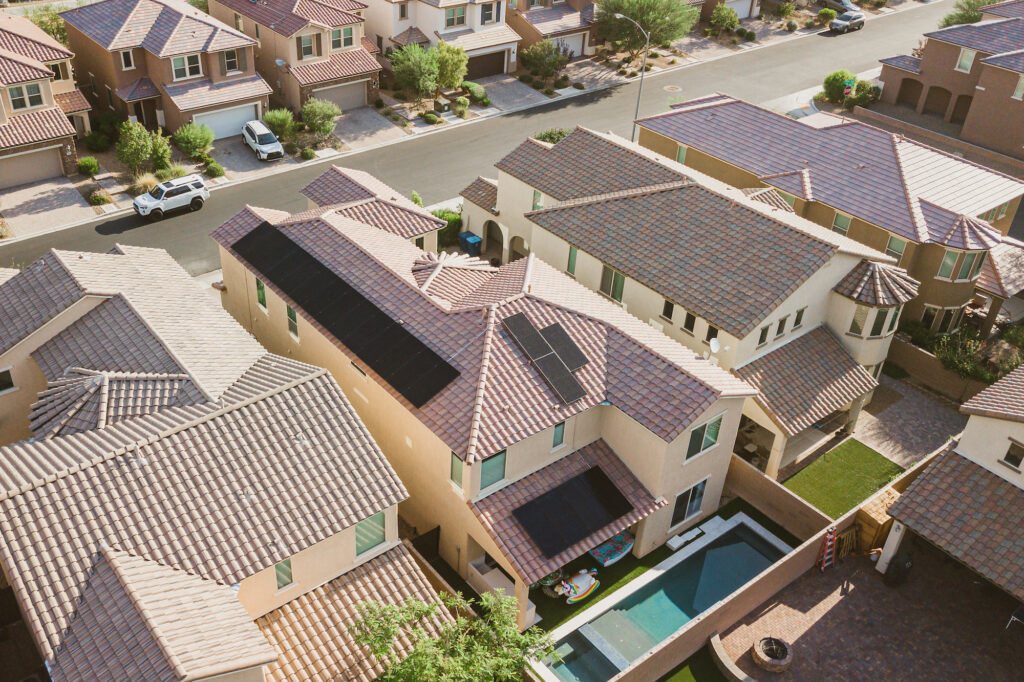
What is included in a solar site survey and roof measurements?
A solar site survey includes a detailed analysis of the sun’s position at the proposed site, as well as a review of the local zoning regulations and electrical infrastructure. Precise roof measurements of the roof area, pitch, and any obstructions like chimneys and skylights are crucial for designing and installing a solar system that meets the customer’s needs.
The solar site survey is important because it helps to determine if solar panels are feasible at a specific location, and it can help to identify any potential problems that may occur during installation by ensuring clear and unobstructed access to sunlight for the solar array.
Solar site surveys are typically conducted by solar installation companies, and they usually take 1-2 hours to complete.
How is a solar site survey performed?
A solar site survey is typically performed by a solar installer. The installer will first assess the site to see if it is suitable for solar panels. They will then calculate the optimal placement of the solar panels based on the sun’s position at that location. The installer will also review the local zoning regulations and electrical infrastructure to make sure that there are no potential problems with installing solar panels at the proposed site.
Who should perform the solar site survey?
A solar site survey includes a detailed analysis of the sun’s position at the proposed site, as well as a review of the local zoning regulations and electrical infrastructure.
Precise roof measurements of the roof area, pitch, and any obstructions like chimneys and skylights are crucial for designing and installing a solar system that meets the customer’s needs.
The solar site survey is important because it helps to determine if solar panels are feasible at a specific location, and it can help to identify any potential problems that may occur during installation by ensuring clear and unobstructed access to sunlight for the solar array. Solar site surveys are typically conducted by solar installation companies, and they usually take 1-2 hours to complete.
How is a solar site survey performed?
A solar site survey is typically performed by a solar installer. When considering the installation of solar modules, the installer will evaluate factors such as roof condition, shading, roof types, orientation, mounting methods, and the potential benefits and drawbacks of using solar tracking technology.
The installer will first assess the site to see if it is suitable for a solar panel system. They will then calculate the optimal placement of the solar panel system based on the sun’s position at that location. The installer will also review the local zoning regulations and electrical infrastructure to make sure that there are no potential problems with installing solar panels at the proposed site.
Who should perform the solar site survey?
Solar site surveys should be performed by solar installers. The importance of a solar site survey for the success of a solar project cannot be overstated. Solar installers are experienced in assessing the feasibility of solar panels and identifying any potential problems that may occur during installation.
They are also familiar with local zoning regulations and electrical infrastructure, so they can ensure that installing solar panels is a smooth process. Understanding the permitting process is crucial as it helps streamline the installation by overcoming local regulatory hurdles.
Solar companies will typically send a solar site surveyor to the potential installation site. The solar site surveyor will use specialized equipment to determine the solar insolation or the amount of solar radiation that hits the surface of the earth. They will also assess the local topography to see if there are any shading issues that could affect the solar panels.
Once the solar site survey is complete, the solar company will have a good understanding of the feasibility of installing solar panels at that specific location.
When is a solar site survey conducted for solar panel installation?
A solar site survey is typically conducted when someone is interested in installing solar panels. When considering a solar power system, factors such as the type of system (off-grid or grid-tied), the placement of solar panels, and the condition of the roof are crucial.
The solar site survey helps to determine if solar panels are feasible at a specific location, and it can help to identify any potential problems that may occur during installation of solar projects.
Solar installers are experienced in assessing the feasibility of solar panels and identifying any potential problems that may occur during installation. They are also familiar with local zoning regulations and electrical infrastructure, so they can ensure that installing solar panels is a smooth process.
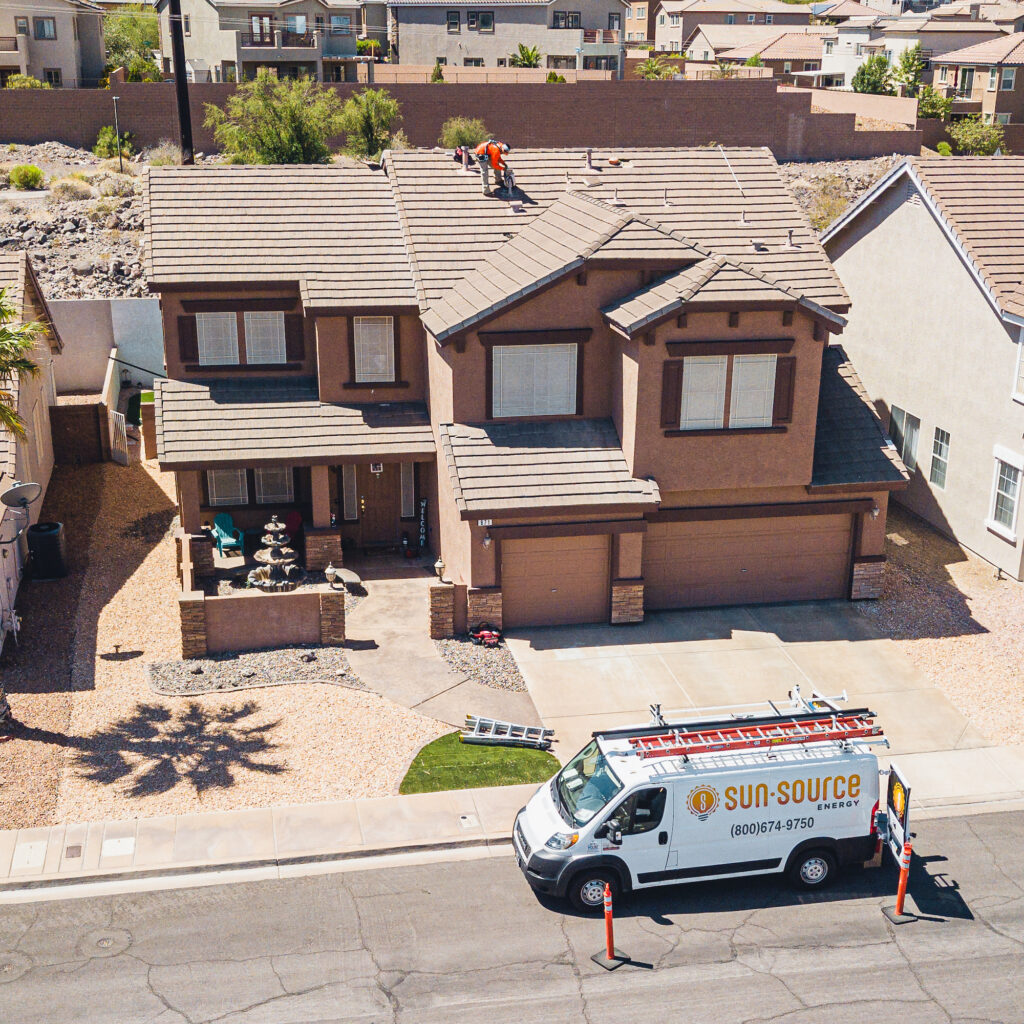
A solar site survey is an important first step in the solar installation process. The solar site survey will help to determine the feasibility of solar panels at a specific location and assess any potential problems that may occur during installation. It includes a detailed analysis of the sun’s position at the proposed site, as well as a review of local zoning regulations and electrical infrastructure.
Solar installers should always perform a solar site survey to ensure that there are no surprises during the solar installation process. During the survey, the suitability of the solar system is assessed, including factors such as shading, orientation, and tilt of the solar panels.
If you’re interested in learning more about the solar installation process, call now to get a free quote!


